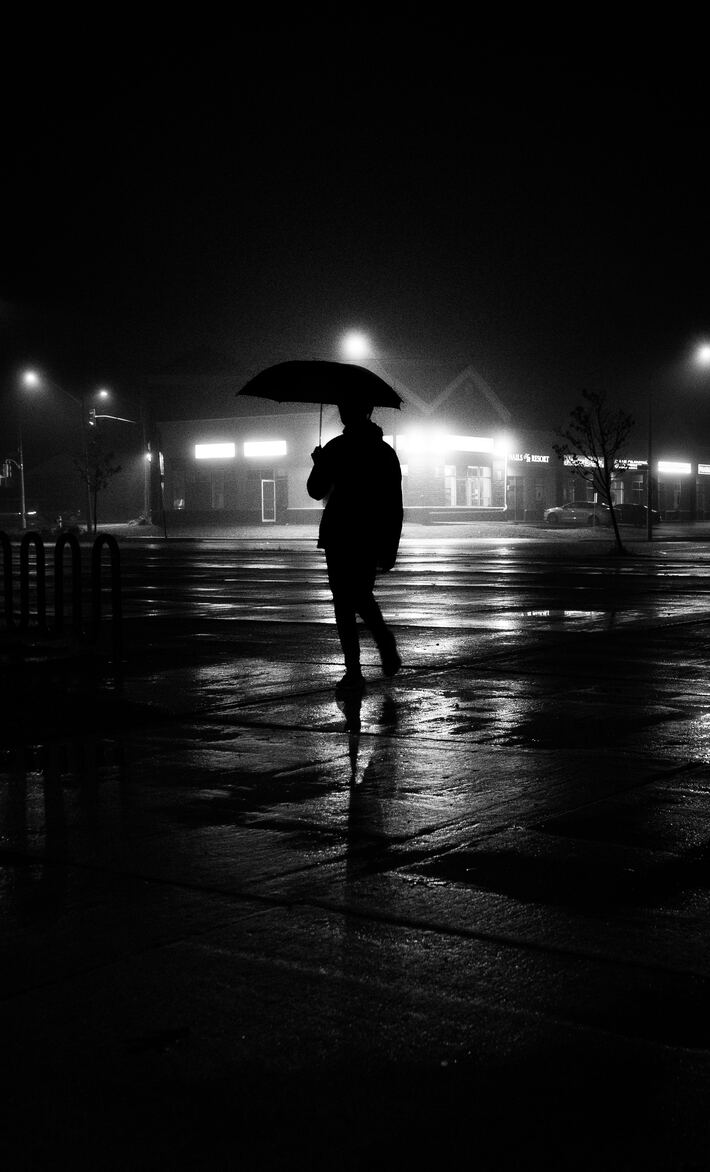

31st of August, 2023

Recently we have all seen reported the horrific sexual offending that occurred over a number of years at two Christchurch hospitality venues. The scale of the offending was unprecedented and the way in which it was carried out was monstrous. It is right to condemn this violence – any violence – and to prioritise the rights of the survivors.
And yet as uncomfortable as it is, we must also peel back the layers individually and societally and examine what role we all have in preventing this behaviour, and what role as a society we play in creating the fertile ground for this to occur. It would be easy to write this off as an anomaly – and let’s be clear, we hope for it to be – yet 10 years on from the “Roastbusters” offending, we find ourselves here again. If we have any hope of the future looking different, we must ask ourselves why that is.
These men, although tempting to label them as monsters, were not born monsters. Don’t get me wrong, their choices were and are beyond abhorrent; yet somehow, they have journeyed to this point. We are all of us shaped by our upbringing, environment, and those we choose to spend time with. These men have formed their views on women and relationships over many years. Their behaviours began with a belief system. Where did they learn and have modelled such grossly inflated entitlement? How did they shape their views on what healthy interactions with women look like? When and how did they learn – or not – what boundaries and consent look and sound like? What friends called out their behaviour early on before it became something so sinister? The objectification of women begins early; and everyone has a role to play to ensure it stops. There are lessons to be learned here.
If we want our communities and society to be safer, for relationships to be healthier, we have to collectively turn the lens on ourselves and ask each other in what ways we enable the beliefs and behaviours of others to proliferate when they are unhealthy or unsafe, and in what ways do we hold ourselves accountable? How do we teach our children about boundaries and respect from an early age? We must not find ourselves here in another ten years’ time.
As more details emerge, and more women come forward with stories of the Jaz brothers’ deviancy, the greater the risk that we label them as outliers, that we “other” them and therefore brand them as not one of “us”. The risk in doing this is that we don’t then examine the ways in which this type of offending was able to continue unchecked for so long. And what of the “friends” who laughed about the raping of women, those in the chat groups who thought drugging and disabling multiple women was a spectator sport to be cheered on from the sidelines? Men who were not brought to trial for their beliefs, but who were complicit and are continuing their lives with impunity. Who is holding them to account?
There is an opportunity here that we must not squander. The opportunity to have conversations in staffrooms, boardrooms, living rooms, bars about what constitutes healthy respectful relationships; to talk about consent; to think about how other people can trust you and be kept safe from your behaviour; to stop always putting the responsibility for being safe on the victims of sexual crimes. Let’s be good upstanders when we see bad behaviour, hold each other accountable and not look away or laugh it off, to stop shaming women in particular for going out and having a few drinks, even if those few are a few too many, because haven’t many of us done that?
Collectively we all have the power to create change when we desire it enough, it is absolutely possible for this story to never be repeated if we work together – but we have to begin by keeping the conversation going.
Written by Jo Bader, Client Services Manager, Aviva Sexual Violence Services